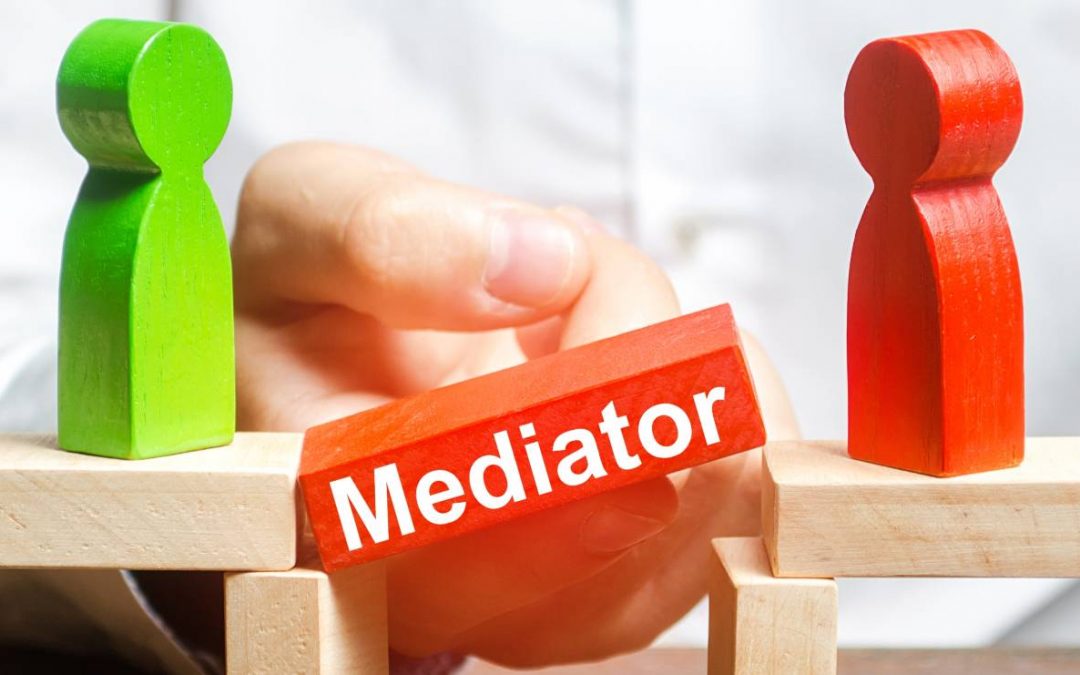Given the substantial time, expense and uncertainty that parties can face in litigation, and the limit to the resources available to the courts for the conduct of litigation, mediation in particular, and other forms of ADR, are strongly encouraged by the courts. This is reflected in the Civil Procedure Rules, by the court ‘encouraging the parties to use an alternative dispute resolution procedure if the court considers that appropriate and facilitating the use of such procedure’ under Rule 1.4(2)(e). There has been an increase in activism to encourage greater use and integration of ADR. Following a report by the Civil Justice Council (CJC) on compulsory ADR in June 2021, the Master of the Rolls, who is the chair of the CJC and head of Civil Justice in England and Wales, said ADR should no longer be viewed as ‘alternative’ but as an integral part of the dispute resolution process, where the focus is on ‘resolution’. This is reflected by updates to The Commercial Court Guide in 2022, which now refers to ‘negotiated dispute resolution’ (NDR) in place of ADR. The guidance indicates parties may apply for directions at any stage for NDR, their legal representatives should consider with them and the other parties concerned the possibility of attempting resolution by NDR and should ensure they are fully informed of the most cost-effective means of resolving their dispute. This is in line with the desire of the Civil Mediation Council, as the recognised mediation body in England and Wales, for automatic referral to mediation to be the default means of dispute resolution in the civil justice system.
With many years international and domestic experience in mediation, arbitration and litigation Lux Mediation can give guidance on any dispute with a view to a swift and effective resolution.

